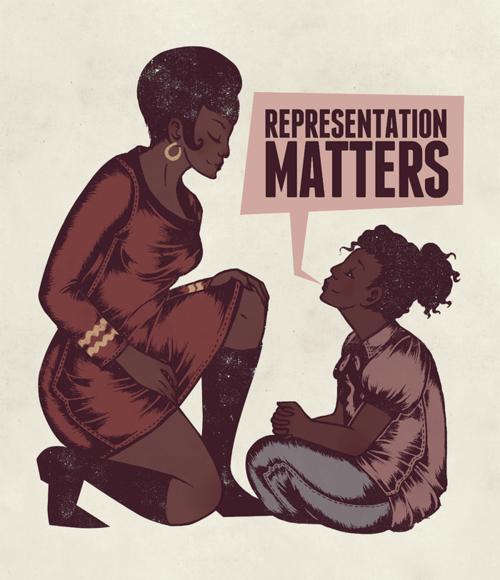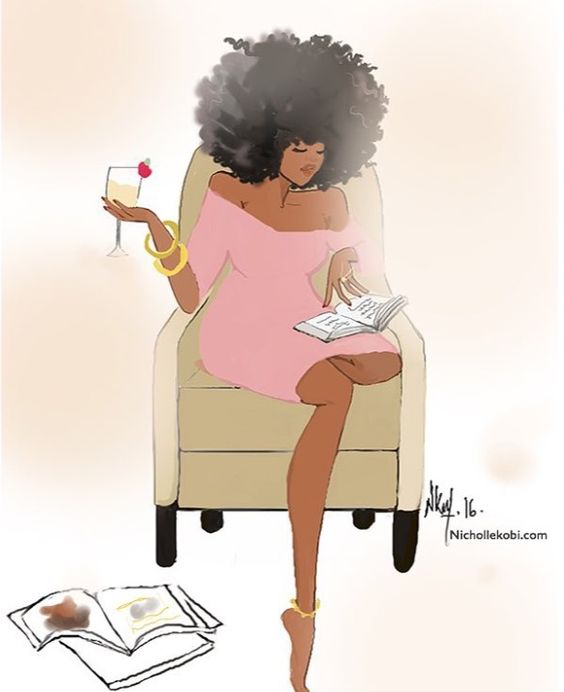
As a new blogger (I know I’m super late to the game) I have been realizing that I have to step up my social media skills. Not to say that I don’t usually do social media, because I do. I just miss the days of Facebook, for example, where not everyone and their mom could sign up and it wasn’t such a free for all. Mind you, I’m not one to be elitist about things, especially not something like Facebook but I enjoyed it a lot more when friends were actually friends.
Nowadays, even if you do actually know your Facebook friends in real life, some of these “so called” friends might not be so friendly. We all know of people who use Facebook as a platform to spew their ignorant, often hateful or just plain old judgmental speech. It gets so bad that we end up having to un-friend these people. As a writer, I’m all about free speech but it’s come to a point where I dread having to log on to Facebook, a network that I used to use to keep in touch with friends and family and share with them the current statuses of my life. If I wanted to hear ignorant, hateful speech, I would turn on Fox News and if I wanted to argue with people, I would join a debate Meetup, or better yet, call one of my exes. I wish I could permanently log off of Facebook but alas, it is connected to pretty much every app I use and as intrusive as this may be, it’s pretty damn convenient for log in purposes.
And then there’s these new-ish social media platforms like Snap Chat. Don’t get me started on that one. It looks so fun when other people use it, but for the life of me I can’t figure it out. I’m more of an Instagram person. As much as I love words, there’s nothing like a simple yet beautiful or funny picture and a cute caption to go with it – not that I am in any way an expert on captions. I’m more of a “Happy Friday!” captioner.
Anyway, the one social network that I still don’t entirely get but am determined to add to my very small social network repertoire is Twitter. It can be a great way to spread the word about everything from a blog, a movie, or even breaking news. So I was all for it, ready to start tweeting, sharing links and pics, re-tweeting and mentioning. But after following a few of my favorite personalities, bloggers and podcasters, and seeing the hell they get from not only trolls but *gasp* Black Twitter, I began feeling a little intimidated.
Trolls are awful and can’t be helped, I suppose, but Black Twitter is actually something that I used to imagine that I could be a part of, until recently. I will say Black Twitter is very in tune with what is going on in the Twitter-verse (or is it Twitter-sphere?) but they are also always ready to pounce, sometimes without the proper information. It doesn’t help that there probably is no vetting process to becoming a member. I’m pretty sure you just have to identify as Black, have an active Twitter account, and use whatever clever hashtag all the other members are using. I’ve never been one to back down from a good argument but like I said above about Facebook, who wants to be involved in unnecessary Twitter beefs? I just want to promote my blog and put my words out into the universe, not be a part of any drama.
But, at the end of the day, I have decided to forge ahead with my entry on to Twitter because I have to admit that Black Twitter does attack those who definitely need to be attacked, not just the undeserving, and Black Twitter is funny as hell and consistently provides me with laughs.
Here are some examples of Black Twitter moments and hashtags that I’ve enjoyed and also some not so great Black Twitter attacks:
1. I love when Black Twitter gets political: The hashtag #WhichHillary (#WhichHillary Trends on Twitter after BLM activist interrupts Clinton fundraiser) Note: this hashtag was used by many on Twitter not just Black Twitter, but it was started by a Black Lives Matter activist and member of Black Twitter
2. And when it fights for Black feminism and social justice:
3. I especially love when Black Twitter is just plain old hilarious:
4. But we can’t forget when Black Twitter is simultaneously thoughtful while making jokes, a skill in and of itself:
5. Unfortunately, a thoughtful and funny response can sometimes go wrong: The hashtag #RealBlackPeopleQuestions hashtag was great (Black Twitter asks #RealBlackPeopleQuestions after this Buzzfeed Video fail) but then Black Twitter attacked Black Buzzfeed writers who had nothing to do with the video, Why Buzzfeed’s Latest Video “Questions Black People Have for Black People” is Out of Pocket, that was the motivation behind the hashtag.
6. And sometimes attacks can be divided and in some cases, both sides can be totally off base – even if only in the delivery of the message: Black women attacked Ayesha Curry and then, surprise surprise, Black men attacked Black women for not being more like Ayesha Curry after a Tweet she posted (Ayesha Curry Ruffled A Few Feathers On Twitter With Commentary On How Women Dress).
What I’ve learned about this social media world is just like with so many other things, I’m going to have to take the good with the bad, and most importantly, enjoy the laughs along the way. Oh yeah and I will have to avoid the dreaded #hoteptwitter and Hotep Facebook at all costs. Those who don’t know what that is, consider yourself lucky. Just know that if they dare come for me, I’ll be ready – maybe even with my own Femme-inist Black Twitter posse.












